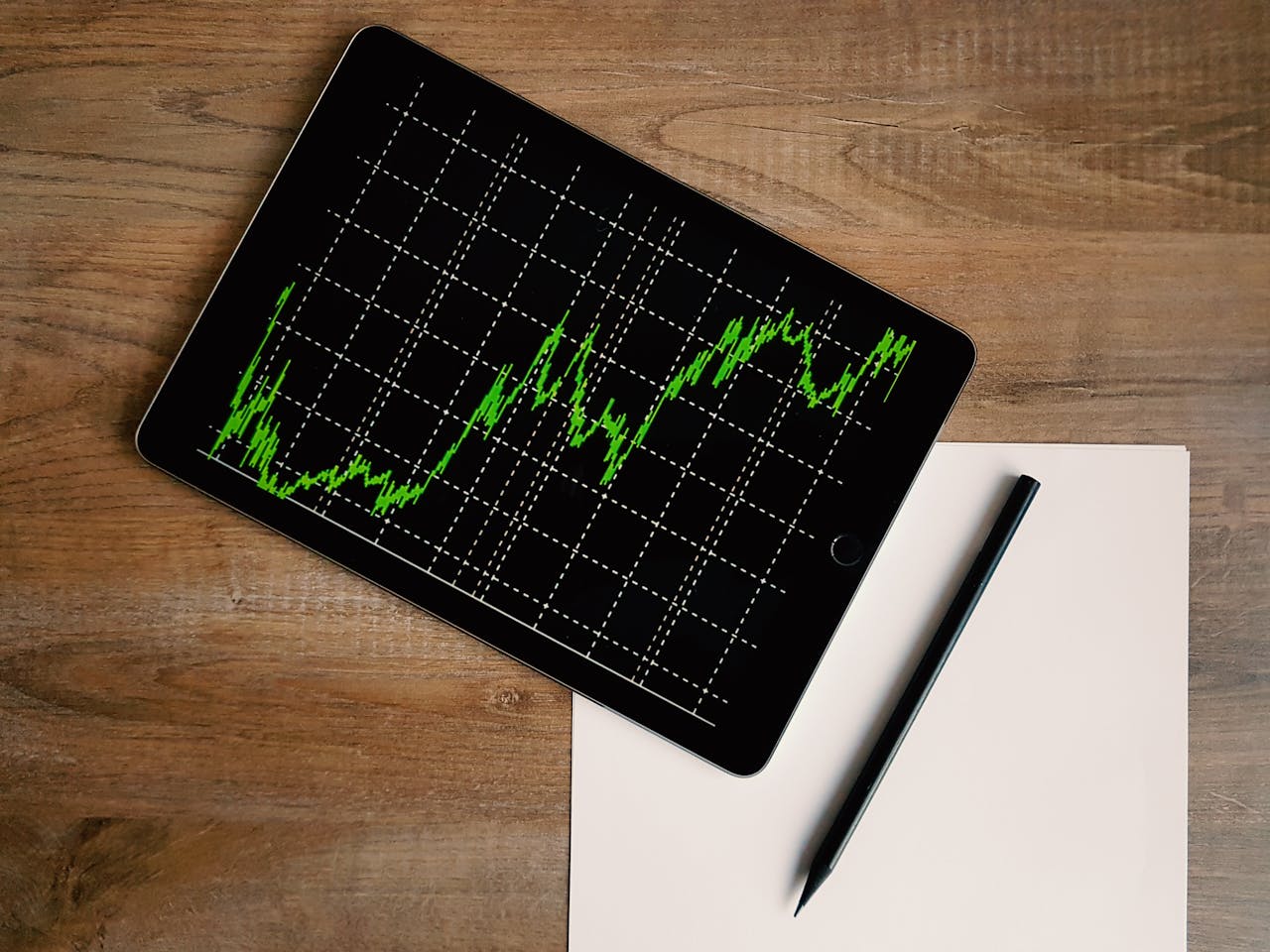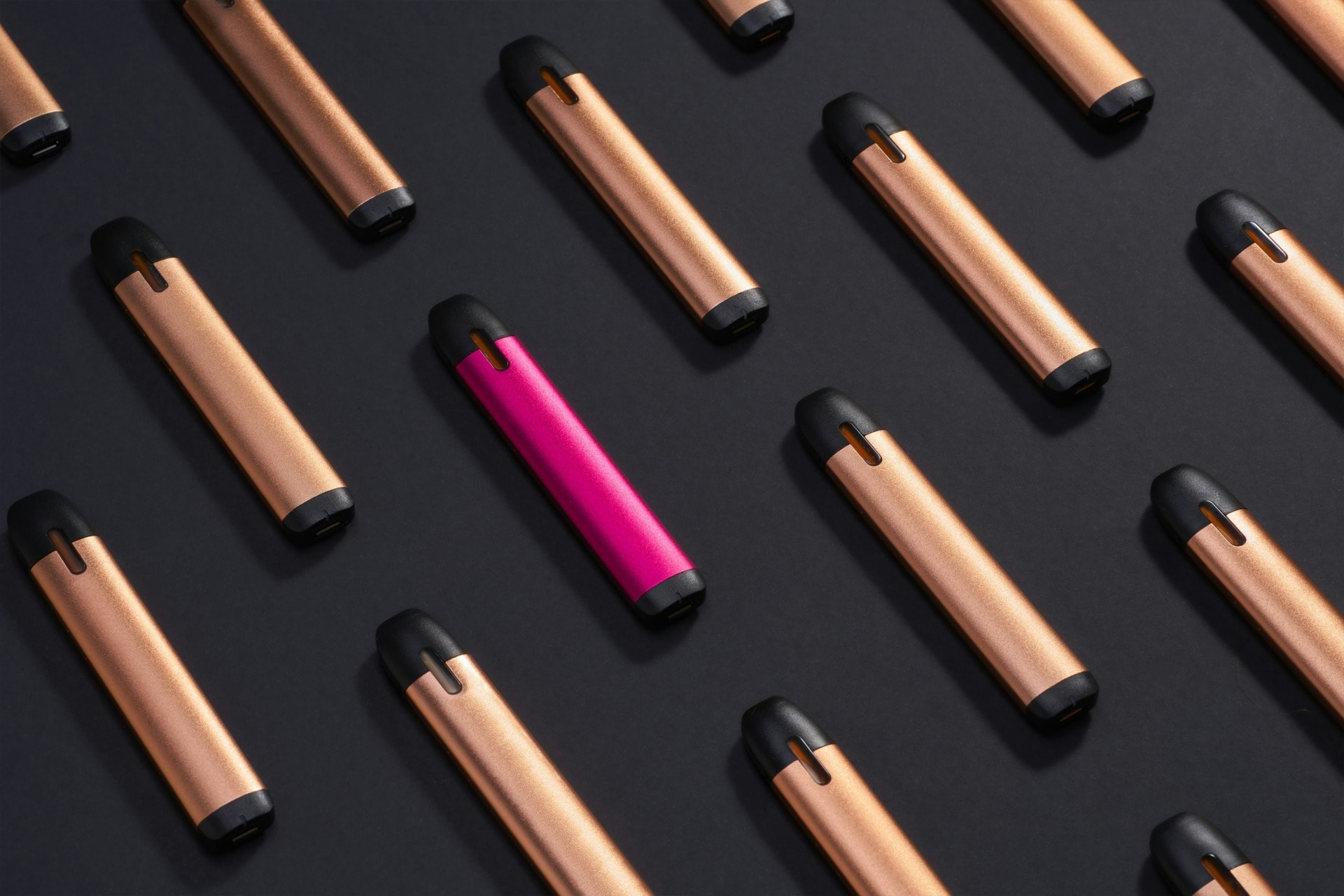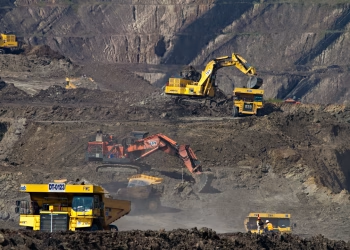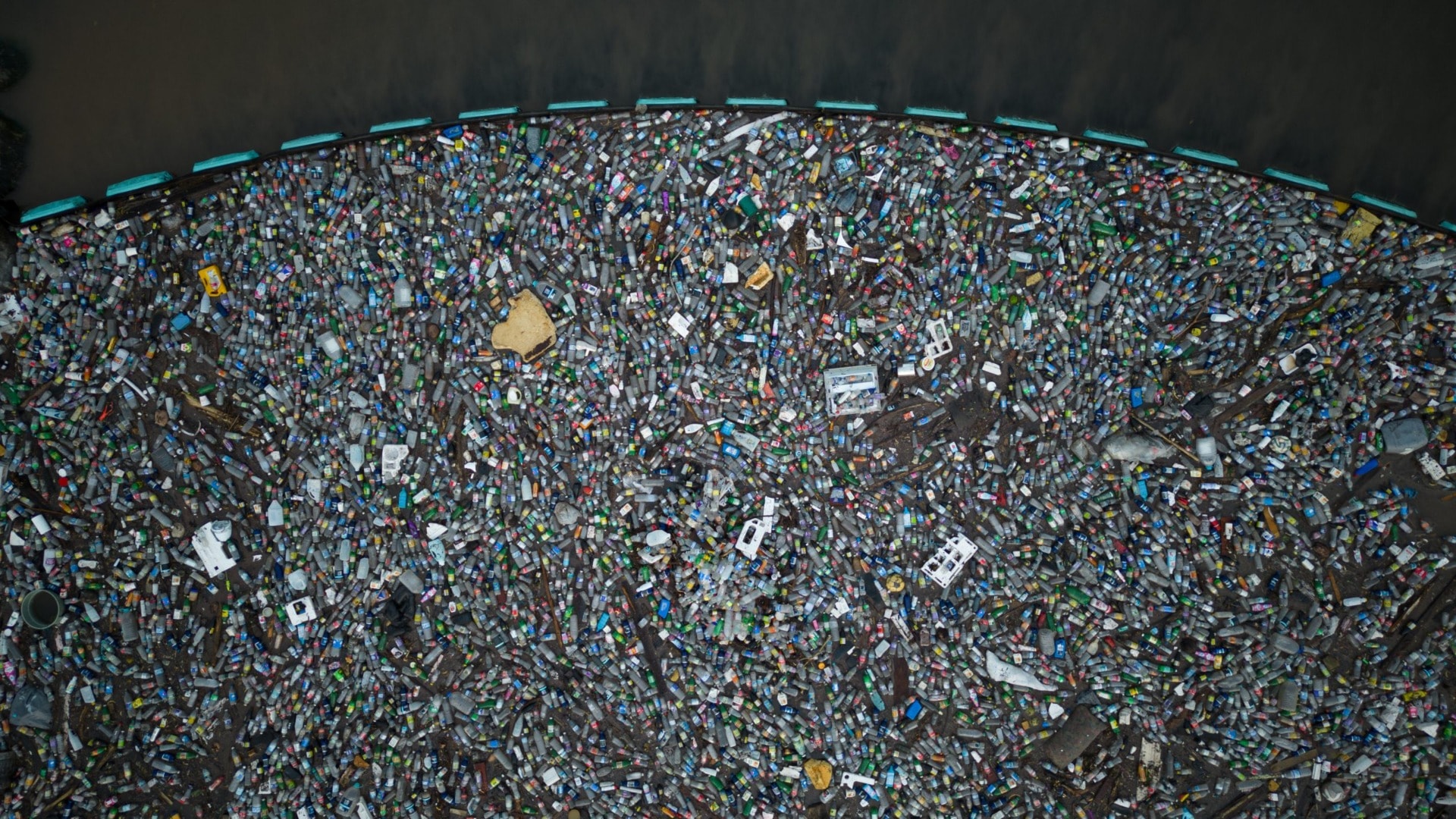African cities generated a total of 19 million tonnes of plastic waste in 2015, of which 17 million tonnes were mismanaged. Most of Africa’s rural towns and burgeoning cities are increasingly becoming heavily polluted with discarded plastic packaging and other plastic waste. However, these are not all the worries for the continent as it also faces an increased rapid growth in its cities with millions of families without a dignified place to live.
An ingenious solution is emerging from the intersection of plastic waste management and affordable housing needs — the upcycling of discarded plastics into low-cost, sustainable building materials.
Facing these social and environmental problems in Abbis Adda, Ethiopia, startup Kubik was formed. Founded in 2021, the startup collects plastic waste from surrounding areas and converts this waste into affordable construction materials for the African markets with Ethiopia as the sole focus right now but with plans on expansion.
This year, the startup raised $5.2 Million in seed funding to scale production in their plastic upcycling factory. The seed funding made Kubik the first Ethiopian company to raise a multi-million dollar investment in climate and sustainability solutions.
The big idea driving startup Kubik: How to use plastic waste
“We have a product that is transforming how we build sustainably and more affordably, and we see ourselves becoming a company that will continue to drive technology into the materials used for decarbonizing the built environment faster,” explained Kidus Asfaw, the startup’s CEO.
Kidus Asfaw has been a very important factor in developing a thorough vision for the impact being generated. Even so, he was mentioned as one of the 100 Most Influential Climate Leaders in Business for 2023.
In 2023, startup Kubik became a climate actionist at COP28, the 28th annual United Nations (UN) climate meeting. Being present at the world’s largest climate conference and discussing the building of a regenerative future was a great milestone for the startup.
Kibuk is on an unwavering mission to build dignity through clean and affordable living for all. And with a long list of principles that they live by to keep the mission alive with the three first ones being:
- Be Humble. We value what we don’t know, and work towards understanding it.
- Be Bold. We always set a goal that is slightly hard to reach. That’s how we achieve more than what we think.
- Be Transparent. We relish in the discomfort of the truth. We always question if we can do better and be better humans.
From pollution to production
Kubik’s innovative approach has already made a substantial impact. To date, the company has recycled over 500 tons of plastic waste, preventing it from ending up in landfills or polluting the environment. Additionally, Kubik has created over 100 local jobs, empowering women and local communities with valuable employment opportunities.
The startup has a plastic upcycling factory in Ethiopia’s Adama Industrial Park where they source plastic at scale in collaboration with the City of Addis Ababa and various social enterprises in the waste management sector.
At the core of Kubik’s operations lies a groundbreaking process that converts plastic waste into durable and affordable construction materials. Using a proprietary recycling technology, the company transforms discarded plastic into eco-friendly bricks, panels, and other building components.
Related Articles: How Commercial Flights Could Go Electric | What’s Next in Geothermal Energy? |How Automated Robots Are Transforming Manufacturing Processes | Food Tech: Are 3D-Printed Food and Meatless Meat the Future?
Looking ahead: One brick at a time
“This can build anywhere up to 10,000 affordable homes per year, for example. Speaking of affordable housing, there is a 300M+ deficit of housing units globally that are considered affordable to the poor. This is a $2T+ market we have an opportunity to address, and we are just getting started,” Asfaw told Techcrunch.
In the early days, the startup faced significant skepticism from established construction companies and developers who questioned the quality and durability of building materials made from recycled plastic waste. However, they continued experimenting with pilot programs to implement the vision they had in their minds. After further developments, they quickly gained traction as people witnessed the quality and cost-effectiveness of Kubik’s recycled plastic building materials.
“The way we’ve set up our business strategy is that now we’re in the focus phase of proving this model here in Ethiopia. We’ll expand it to a few more markets to prove the diversity of the context in which this business model can work. But over time, what we actually want to do is transition to becoming a company that’s licensing out this technology. That’s how we feel that we can truly scale. It’s not by having factories all over the world, but having this industry adopt a new way of making materials globally” Asfaw told Technext24.
They currently have different models of buildings built with their materials being tested in Ethiopia, including schools, homes, communal bathrooms, and industrial warehouses. However, they plan to scale throughout Africa and beyond since their business strategy is to achieve a global reach, hence the focus on their greatest asset, technology.
As the global plastic waste crisis continues, with millions of tons demanding innovative solutions, trailblazers like startup Kubik are at the forefront of change. Paving the way for a greener, more sustainable future — one brick at a time.
Editor’s Note: The opinions expressed here by the authors are their own, not those of Impakter.com — Cover Photo Credit: © Soojung Do / Greenpeace.













